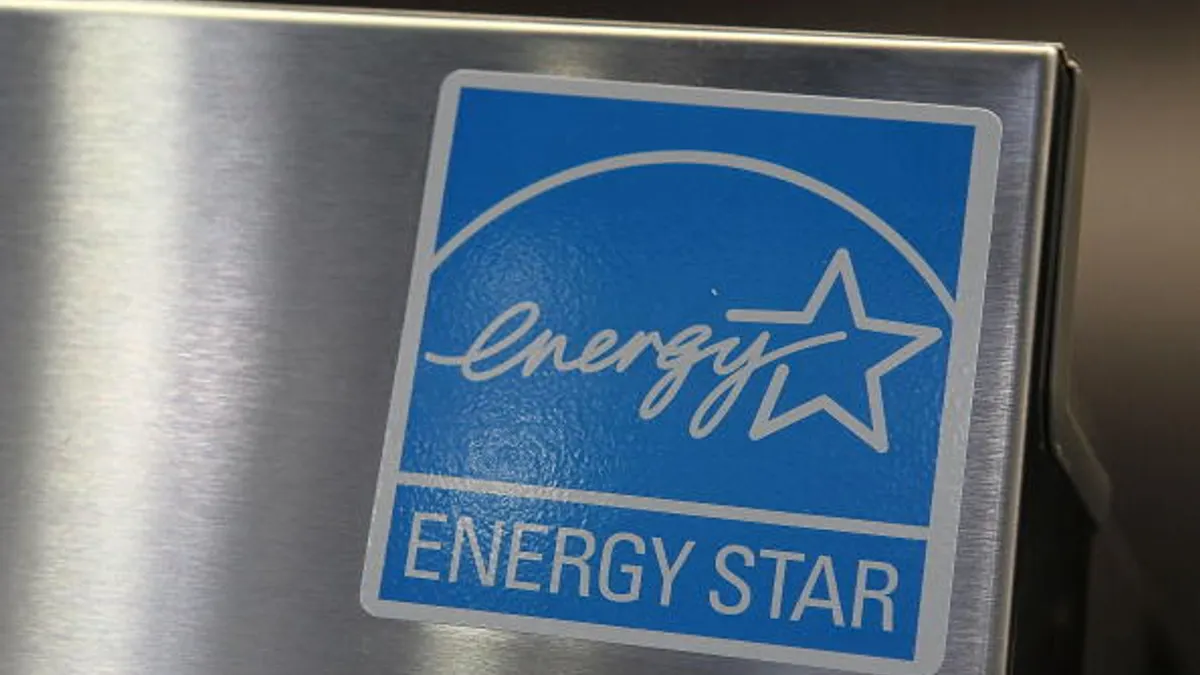Dive Brief:
- The Massachusetts House of Representatives is considering a bill that would direct utilities to acquire 1,200 MW of offshore wind and 9,450 GWh of hydropower each year, but has found critics in both traditional generators and environmentalists alike, RTO Insider reports.
- The New England Power Generators Association says the bill will tie up chunks of the state's electricity market for years, with the potential to raise prices for consumers.
- Clean energy advocates see the proposal as weighted heavily towards imported hydropower and are calling for more wind to be included.
Dive Insight:
H. 4336 aims to reduce energy costs and help meet greenhouse gas limits, but despite support from Mass. Gov. Charlie Baker (R), it is finding a diverse set of critics.
“The proposal would carve up one-third of the Massachusetts electricity marketplace into decades-long contracts that have the potential to dramatically increase electricity costs for consumers,” the New England Power Generators Association said via a statement.
Meanwhile, the bill would exclude the Cape Wind offshore wind project by limiting eligible projects to a federal lease area south of Massachusetts and Rhode Island, the news outlet reports. The move dashed the hopes of Cape Wind developers as project is in limbo after its power purchase agreements were cancelled.
Power contracts contemplated by the legislation could extend 20 years. Baker has called the measure "a very strong bill that’s built around the idea of expanding our portfolio, diversifying our energy sources and incorporating big slugs of hydro and wind into our portfolio," according to RTO Insider.
According to the bill's text, utilities would conduct competitive solicitations for cost-effective long-term contracts for offshore wind energy generation totaling no less than 1,200 MW of aggregate nameplate capacity by June 30, 2027. Individual solicitations must be at least 400 MW, and utilities must issue the request by June 30, 2017.
On the hydro side, beginning January 2017 utilities would "jointly and competitively solicit proposals from developers of clean energy generation resources" to deliver up to 9,450 MWh annually.
Some environmentalists say they would like to see more supply diversity included in the legislation as they worry that the bill lacks provisions for energy efficiency and solar and nuclear generation.
“The Massachusetts House deserves full credit for recognizing the urgent need to address our state’s energy future. However, this bill is not strong enough,” Conservation Law Foundation's Caitlin Peale Sloan told RTO Insider. “We need to take bold action to counter climate change and that means choosing the cleanest energy that we can. Wind is one of the cleanest energy sources — cleaner than imported hydropower.”













